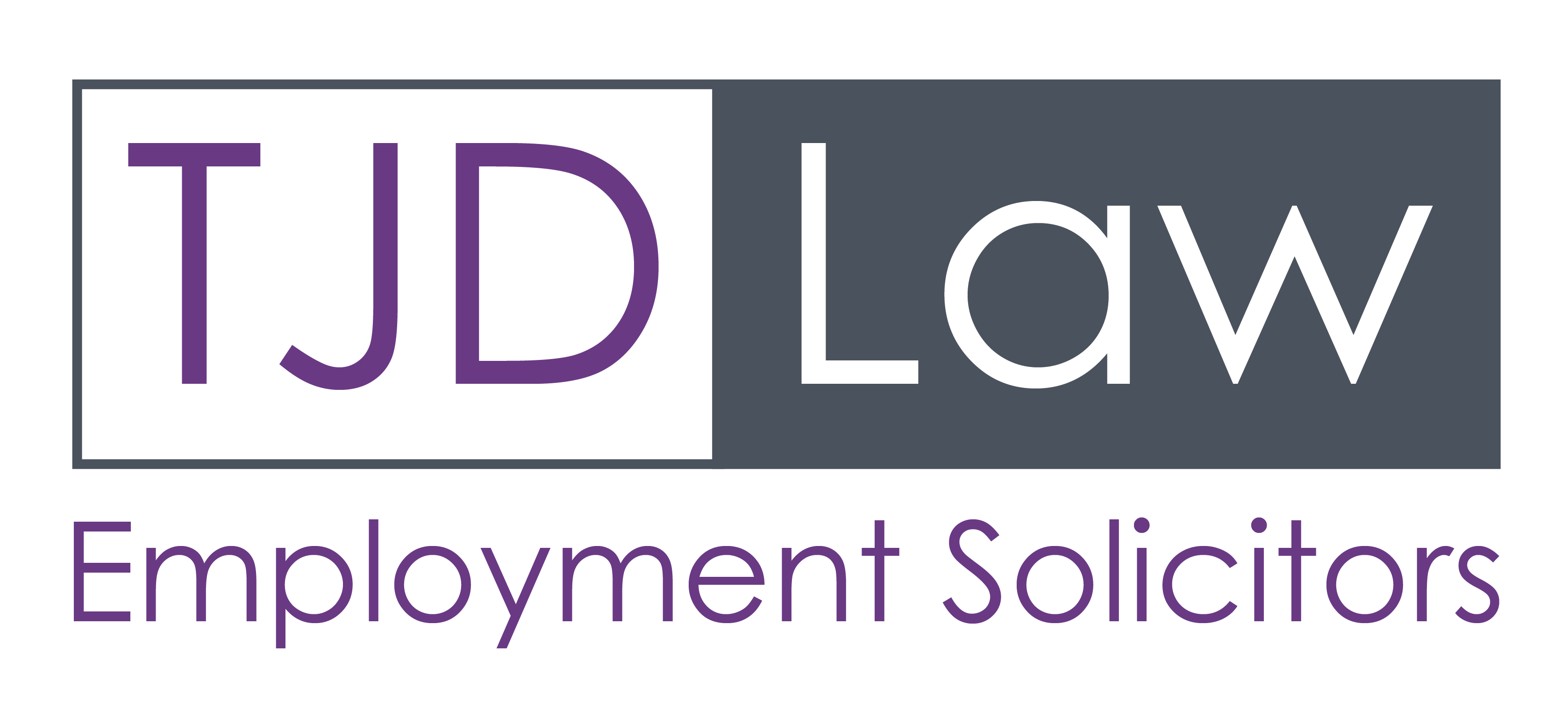Following a number of high profile sexual harassment scandals, (#timesup, #metoo); the Equalities and Human Rights Commission has published a report highlighting the prevalence of sexual harassment in the workplace and the widespread failure by employers to adequately address it. The full report, titled ‘Turning the Tables: ending sexual harassment in the workplace’ can be found here: http://bit.ly/EHRC_Turning_Tables
The report is based upon a survey of FTSE 100 companies, seeking to ascertain what safeguards they have in place to prevent sexual harassment and to encourage reporting (without fear of retribution). The EHRC also launched an online call for evidence seeking information from people who had experienced, witnessed or offered support to those experiencing sexual harassment in the workplace.
The biggest problem was that around half of all respondents had not reported their experiences. Some cited a lack of appropriate procedures, or a reluctance to approach inexperienced, unsupportive managers. Other barriers to reporting included a belief that they would not be taken seriously, that the perpetrators (particualrlly senior staff) were protected, and a fear that they would be victimised as a result. Of those who did report, around half said that no action was taken. Many reports suggested that employers were dismissive of the problem, or would imply that the complainant was somehow to blame for ‘encouraging’ the behaviour. In the most serious cases, employees reported being disciplined, moved to another department or even dismissed as a direct consequence of reporting sexual harassment.
In order to tackle these issues, the EHRC has made the following recommendations:
- a legal duty on employers to take reasonable (proactive) steps to prevent workplace harassment and victimisation (enforceable by EHRC);
- a statutory code of practice on preventing sexual harassment, with Tribunal discretion to increase compensation by up to 25% where the code is not followed;
- sexual harassment training for managers;
- a confidential online tool to facilitate the reporting of sexual harassment;
- requiring employers to publish their sexual harassment policies;
- legislation to restrict the use of confidentiality clauses and non-disclosure agreements which purport to prevent the disclosure of past (or future) acts of harassment;
- extension of the limitation period for bringing a sexual harassment claim to six months from the conclusion of an internal grievance procedure;
- interim relief protection (similar to that for whistleblowing dismissals) for those dismissed following an allegation of sexual harassment;
- reinstatement of the protection from third party harassment provisions in the Equality Act (though without the requirement to show two previous incidents);
- reintroduction of the statutory questionnaire procedure for sexual harassment cases; and
- restoration of the Tribunal’s power to make recommendations.
An extension of the Tribunal time limits is not difficult to justify. Compared with time limits in other jurisdictions (6 years for breach of contract claims, 3 years for personal injury), employment claims have always been extremely tight. They are particularly tough in discrimination claims where the time limit (three months from the act of discrimination) has often expired before the employee even has a clear understanding of their rights. The employee is then left to rely upon the Tribunal’s discretion to extend the time limit where it is ‘just and equitable’ to do so.
However, given the findings of the report, the real driver for change will be the steps designed to increase reporting and disclosure in the first place. Employers need to take ownership of their policies and their internal training, and appreciate that this type of behaviour can no longer be swept under the carpet.

